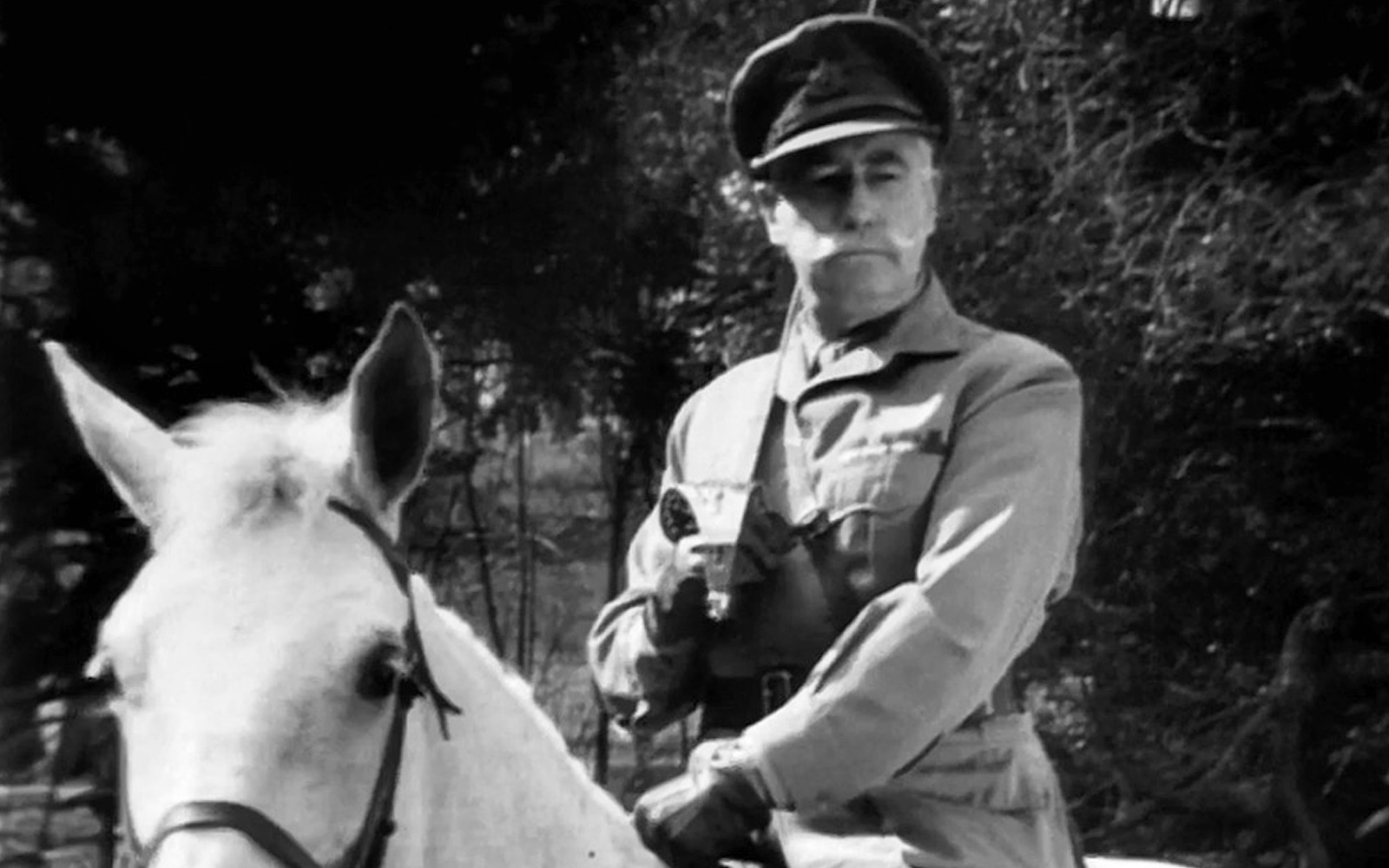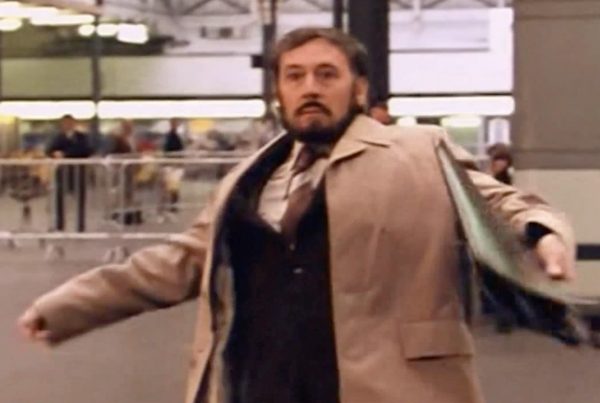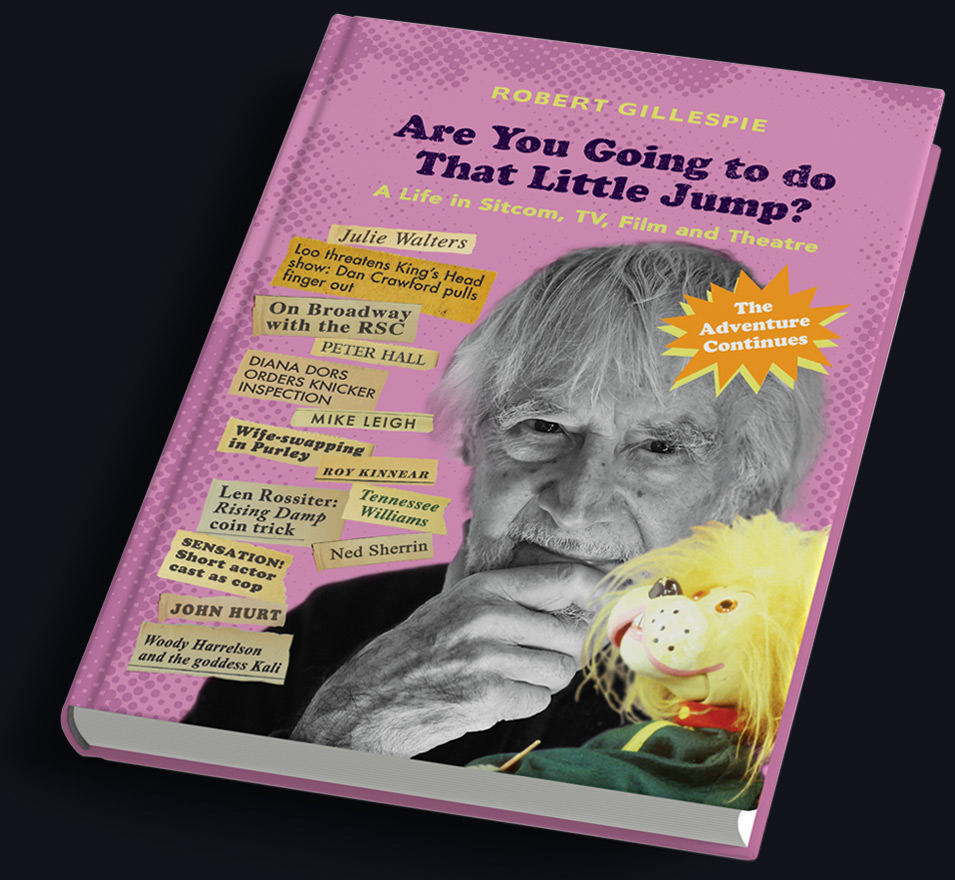I, as the resourceful slave, Tranio, had bundled the naughty young people out of sight. My stern master was approaching his house. I greeted him, grovelling suitably as a chattel slave should and began urgently, desperately, to warn him of the danger he risked if he came too close, because it was – haunted. To my utter astonishment, I got this measured, dignified reply – no tetchiness, no anger, no suspicion, no threat. We continued the rehearsed dialogue and the scene dribbled away into an exchange between a slightly manic, over-dramatising, dotty young chap – me. And a haughty, self-contained, mildly annoyed but very reasonable old chap – Geoffrey, as he had suddenly become. At the first possible break we wanted to know what had happened. Rosemary came down from the gallery and she and I asked Geoffrey why he had suddenly changed his performance. And out it came. His girlfriend had asked Geoffrey why he was playing the character of the returning businessman-merchant so angrily, with such fury? Geoffrey was an accomplished player of farce and knew that controlled exaggeration was the key to success. He’d proved it many times himself in performances and his writing followed that pattern. And, so far as we could tell, he’d tried to explain that to his girlfriend – but she brushed all this aside and told him that he was coming over as ugly, hammy and was being – clearly – manipulated by ambitious me (and my director) so that I would come out looking cool and measured and controlled and competent and clever – at Geoffrey’s expense. We had, she supposed, persuaded Geoffrey to look silly to advantage me.
I have idly wondered whether this girlfriend was new. She was much younger than Geoffrey and was, conceivably, offering him particular services between, or during, one of his marriages. That sort of thing can make a chap go funny in the head.
The vehemence of Rosemary and my persuasion had some effect. Geoffrey partly resumed his choleric character. But, largely, he continued in his new, haughty, aristocratic, supercilious manner – as if auditioning for the part of a noblemen at the RSC – instead of coming across as if he might explode with rage and beat me to death. Which was what had made the show funny. Sad. A waste. Keeping this woman watching in the gallery sweet was clearly more important than getting the play right. Geoffrey had settled for pleasing an audience of one rather than – his public.
Rosemary said, after, ‘That is the last time I let anyone’s friend watch from the gallery.’
You can see Geoffrey as Captain Square in Dad’s Army.
To be continued…





